What was the political atmosphere like at the summits in Budapest?
The atmosphere at the two summits was mostly that of openness and expectation. Openness means that the attitude of the organizers and the way the events were structured allowed for a truly open and frank exchange of views on strategic issues affecting the whole of the European continent. I would also say that the air in Hungary is liberating: participants could sense that there is a more colorful and direct dialogue on these issues in Hungary than in most countries in Europe, and this kind of openness permeated the whole summit. And the sense of anticipation came from the feeling that a new era in global relations, including transatlantic relations, was dawning following the US presidential elections. Everyone was looking to see what role Europe and Europeans could play in this new world order, which is likely to be accelerated by President Trump's inauguration.
How would you assess Hungary's role in shaping the atmosphere of the meetings?
In addition to providing the venue, the Hungarian organizers actively contributed to this open and expectant atmosphere. In the structure of each event, the order and the choice of speakers, we sought to present the full range of strategic ideas. I don't think there has ever been a European Political Community(EPC) summit where we could hear from the Hungarian Prime Minister, the Ukrainian, French and Turkish Presidents, the Danish Prime Minister and then the Serbian President on the security challenges facing Europe. This provided the opportunity to platform the different approaches and perspectives of Central Europe, the Atlanticists, those building on European strategic autonomy, those of the Turkish world and the various Western Balkans' views. The resulting productive and inspiring dialogue is unprecedented in the history of European Political Community summits.
Were there any moments or exchanges that you found particularly memorable?
It's not the details of the speeches and discussions at the summit, because the real value of these is that leaders can have frank exchanges of views informally, without press and public pressure. However, I have never attended a summit where such a sharp and intense political discourse unfolded as it did at the current EPC plenary session with the participation of the Ukrainian, Turkish and Serbian presidents. There were also memorable meetings on the sidelines of these events, such as the diplomatically significant discussion between the Turkish and Cypriot Presidents over coffee. And the breakout sessions produced a number of innovative proposals, such as in the fight against illegal migration, which can be built upon in future summits.
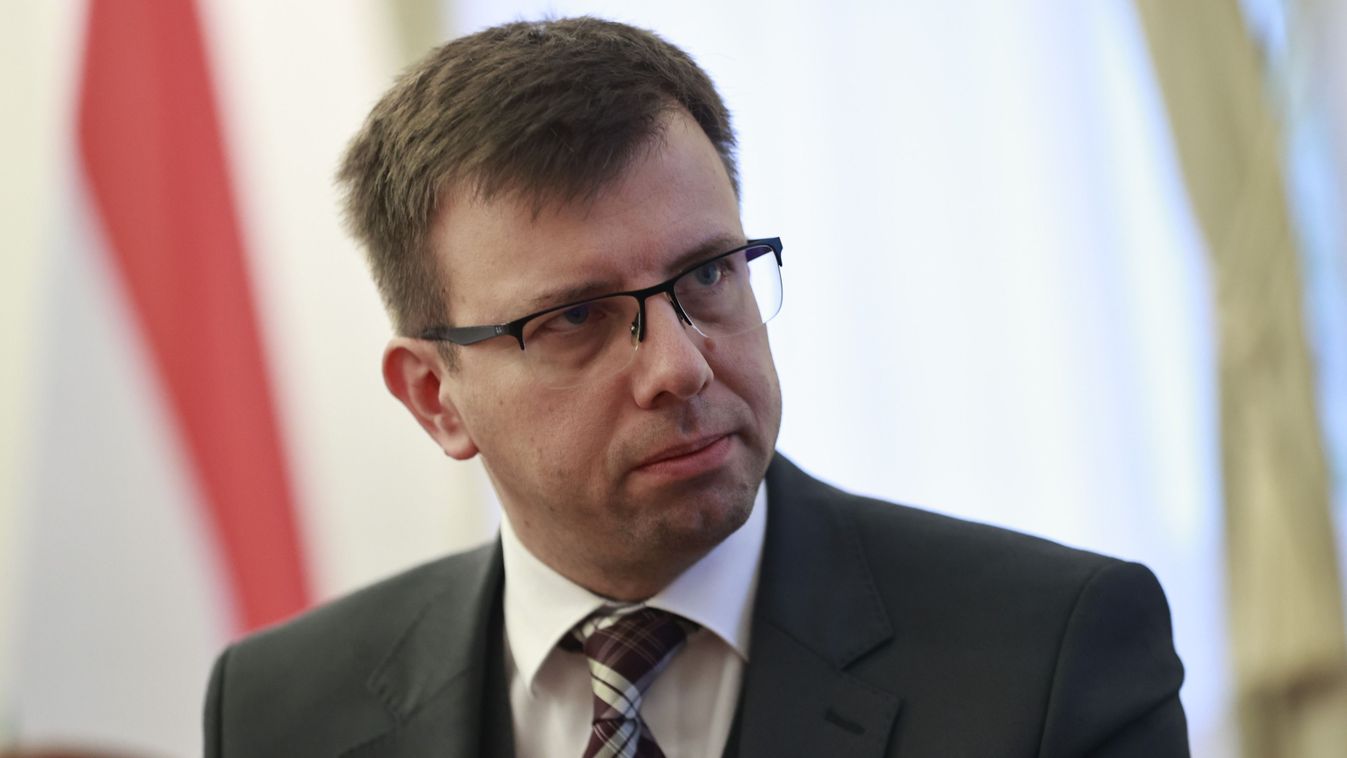
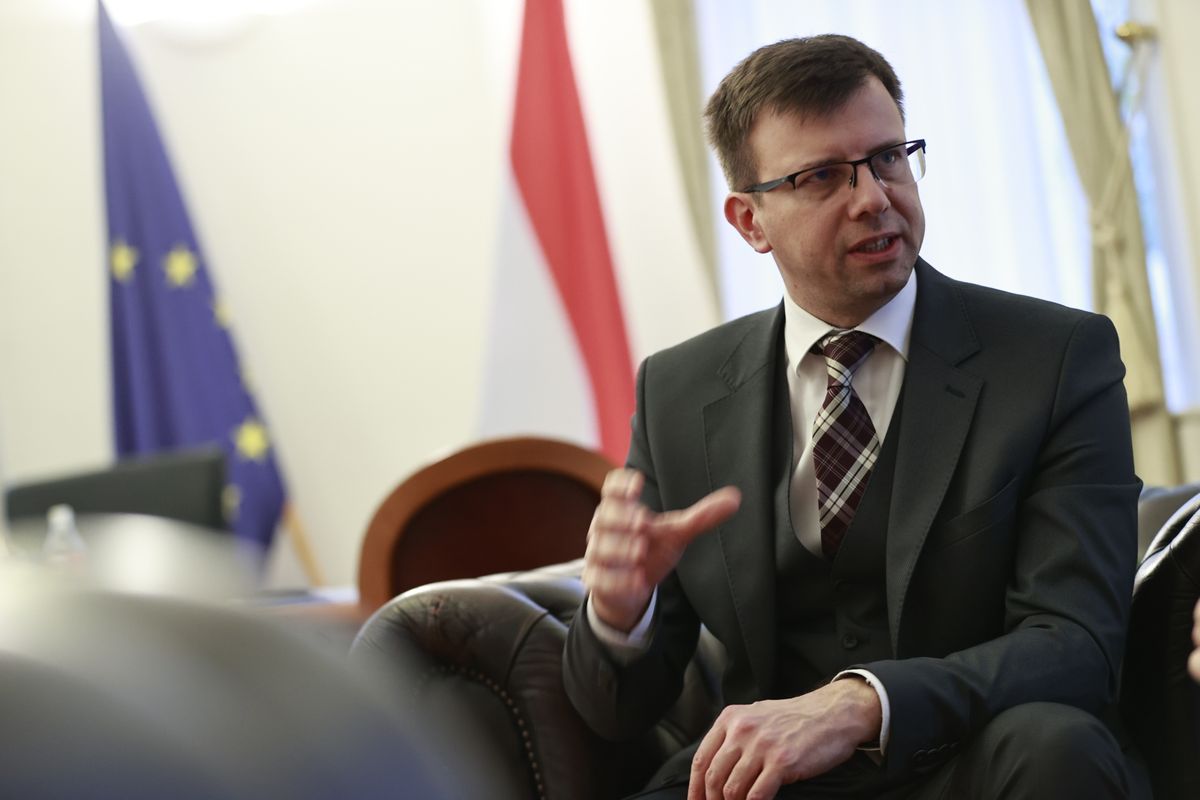

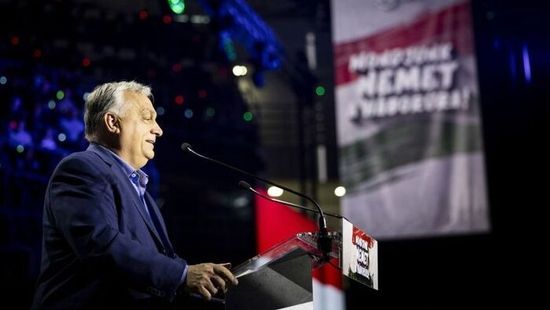




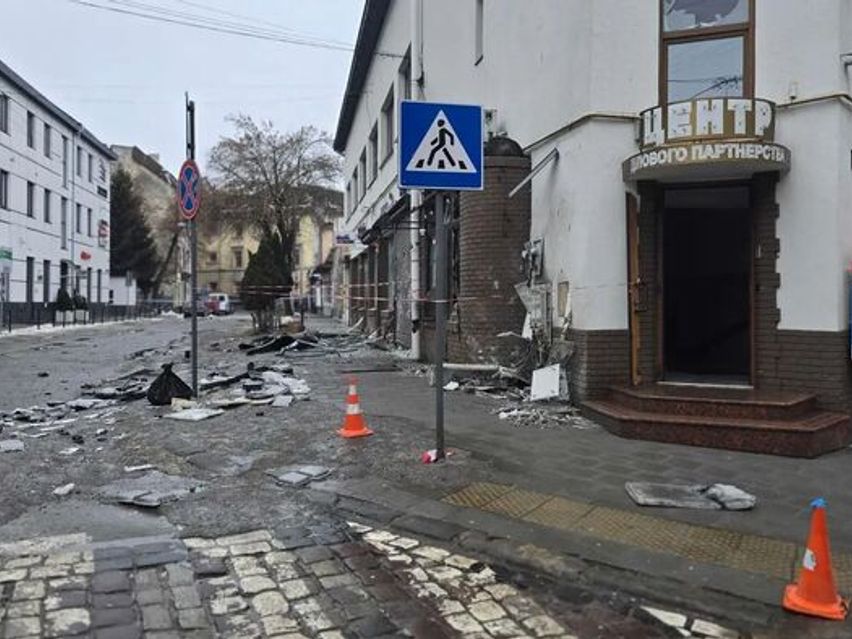
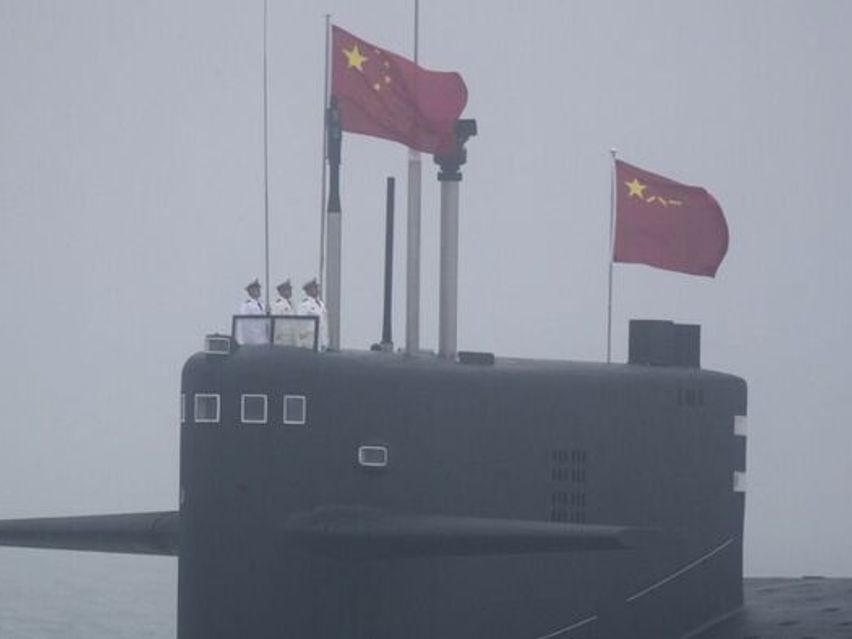
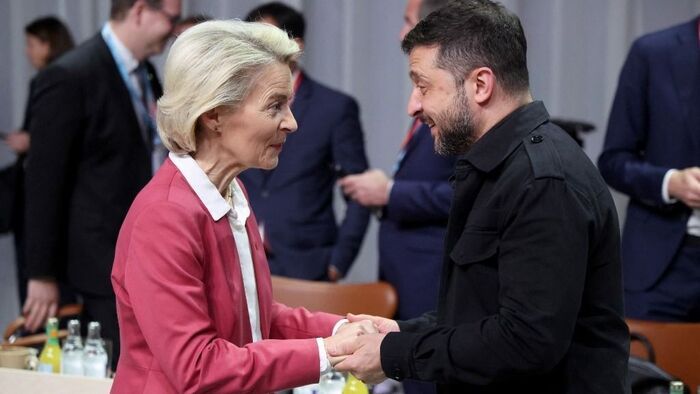


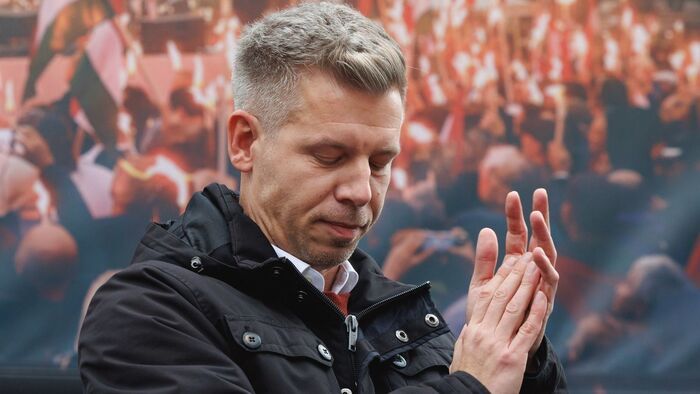

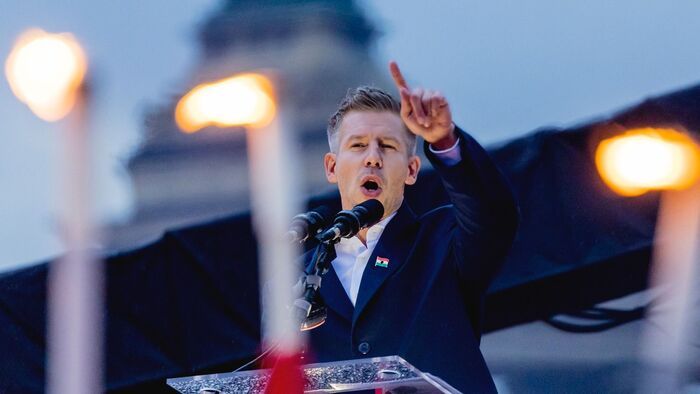
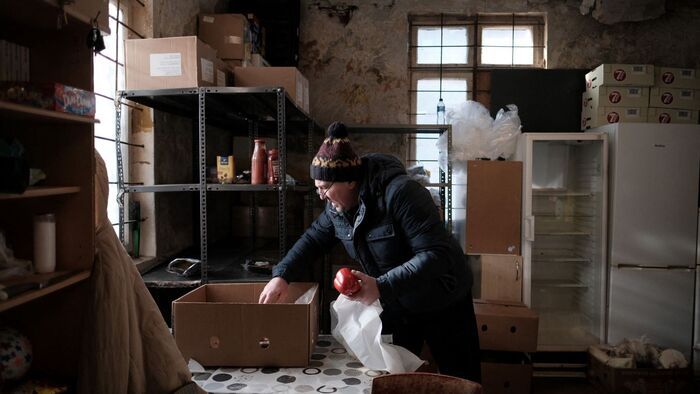
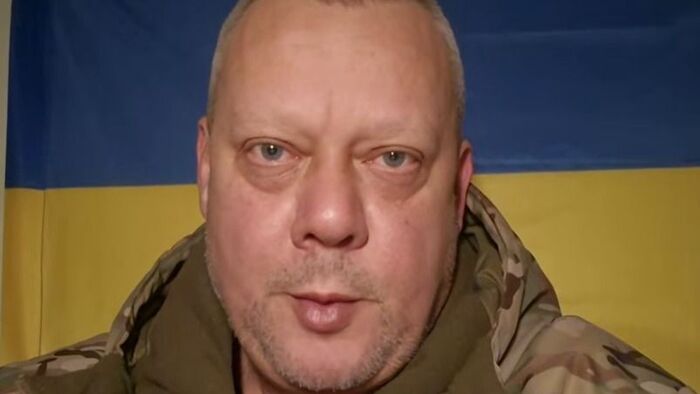



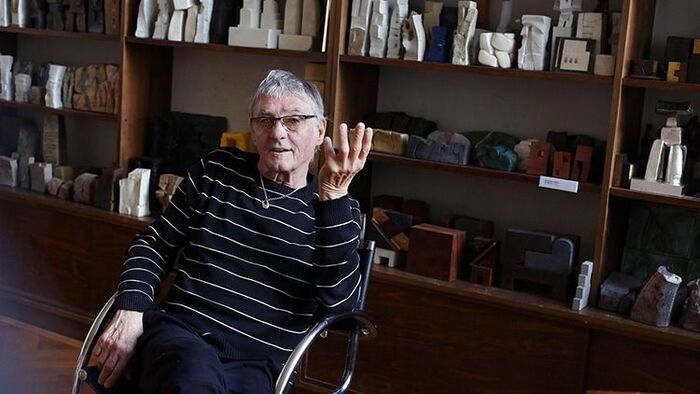


Szóljon hozzá!
Jelenleg csak a hozzászólások egy kis részét látja. Hozzászóláshoz és a további kommentek megtekintéséhez lépjen be, vagy regisztráljon!